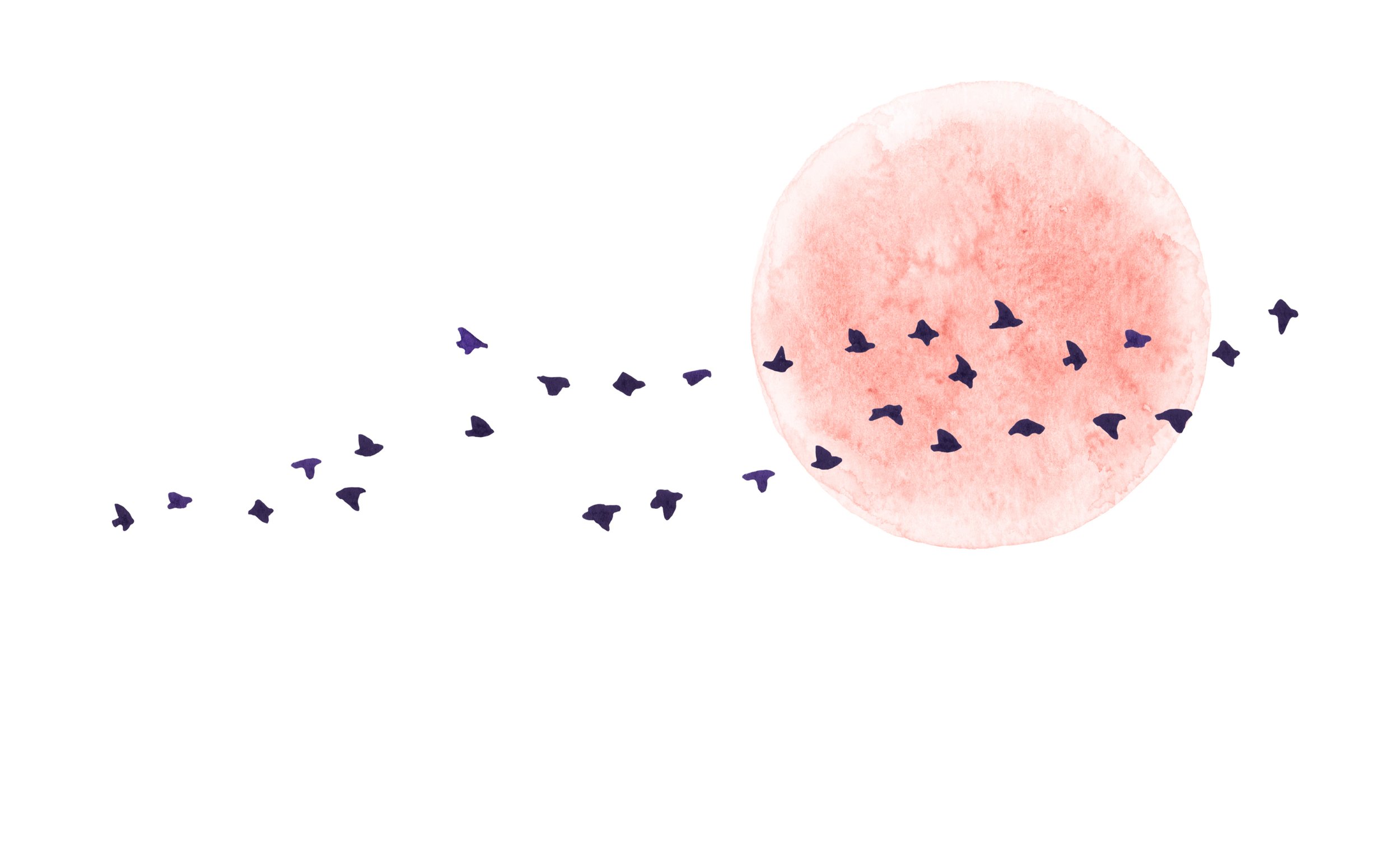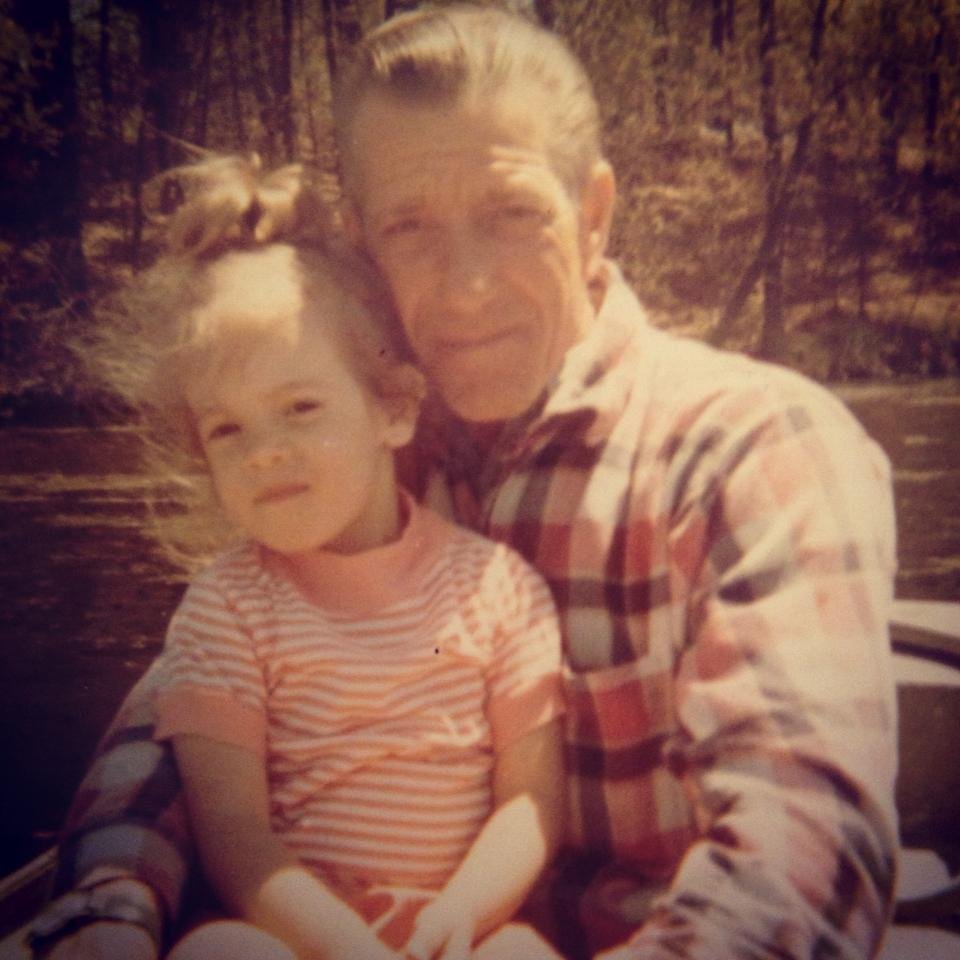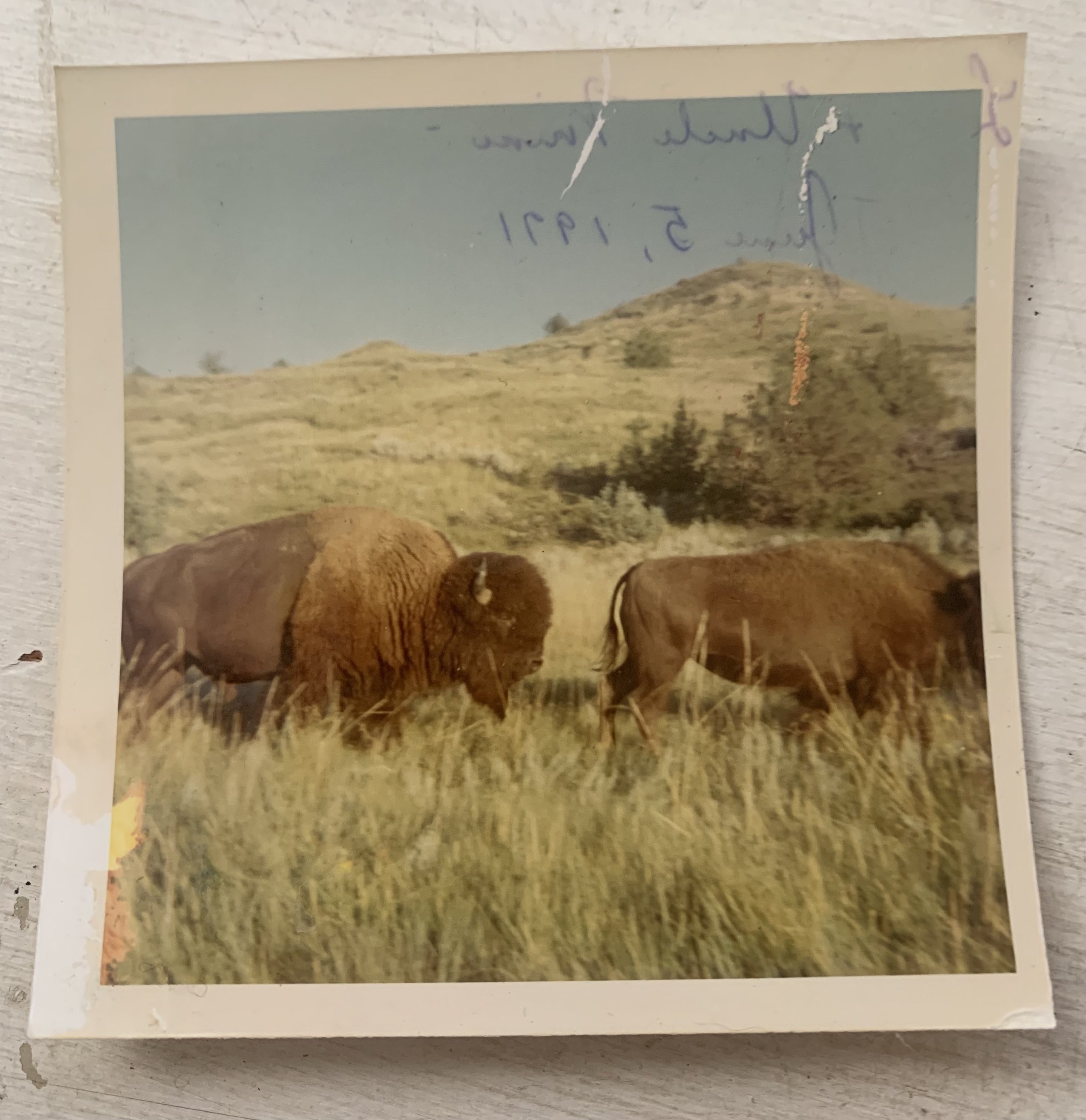Buffalo seasons Awareness in life

Being Cancer Aware, Every Day
October is Breast Cancer Awareness Month, a time dedicated to raising awareness, supporting those affected, and encouraging action toward early detection and prevention. While Breast Cancer Awareness Month aims to promote education and support, it can be emotionally triggering for some patients. Media attention, pink ribbons, and public discussions may evoke feelings of anxiety, fear, or even survivor’s guilt. Those in remission might feel the return of emotions they had worked hard to manage, such as the trauma of treatment or the uncertainty of their health’s future. Additionally, for those who have lost loved ones to breast cancer, the month may bring back painful memories, exacerbating grief and feelings of helplessness. In the spirit of awareness, this blog post honors anyone who has been touched by breast cancer, their struggles, their resilience, and their spirit. It also honors anyone who has been touched by any type of cancer, their struggles, their resilience, and their spirit.
To be all-inclusive, I suggest that as a society we adopt Being Cancer Aware, Every Day in an effort to support everyone impacted by cancer.

The Power of Group
The powerful benefits of psychotherapy groups have been documented for decades, most profoundly by Irvin Yalom, MD—a founding father of existential psychotherapy and group work. Yalom observed, “The act of revealing oneself fully to another and still being accepted may be the major vehicle of therapeutic help.”
As a group psychotherapist, I have worked with people living with cancer, caregivers, bereaved persons, compassion fatigue, women’s and men’s issues, and existential concerns. In five years, I was honored to have borne witness to the unique aspects of self-discovery, compassion, and personal growth that arise from exploring the human condition with others in a confidential setting. I have been greatly influenced by Dr. Yalom’s work, and I am grateful for the opportunity .

Anticipatory Grief & The 3 E’s of Self-Compassion
Caregiving is an heroic act that needs more recognition and support. From spouses to adult children to pet parents and veterinarians to nurses and physicians, the level of care provided to one living with a serious health condition takes an existential toll.
In this blog series, I explore the life of caregivers and offer tips on how to walk the noble road while maintaining one’s emotional, cognitive, and physiological health. This week, we look at anticipatory grief and its impact on the mind, body, and spirit. We then review the 3 E’s of Self-Compassion: Expression, Engagement, and Empowerment and their protective factors for those experiencing anticipatory grief.

Entering the Role of Caregiver, Lightly
In becoming a caregiver for the first time, you have embarked on a road that may be unfamiliar to you. Even if you have been a caregiver to a loved one in the past, each caregiving experience is unique. You may utilize the new skills you honed, but, unless it is the same debilitating illness, new skills will likely be required. This blog series explores the role of caregiver and provides guidance on how to take care of self and loved one on this less traveled road.

The Impact of Cancer on Personal relationships
When I was 15 years old, entering high school, my maternal grandfather, aka Moo Moo, died of lung cancer, which had metastasized to his brain. Treatments and prognoses have come a long way since then, and some forms of metastatic disease are curable. I often wish that he would have been able to live this long to see such amazing advancements in medicine. He was in his mid-50s—my age now. I still have the quiet moments I spent with him in his bedroom, the bed facing the rugged lawn and all its rural wonder; but I also have memories of better times with him fishing on the LaCrosse River, eating hot ham and cheese sandwiches at Hardees, and trying to make cream turn into butter by shaking the half and half capsules at the local diner (his idea and prompting).

Homage to a Woman Leader: Dr. Elisabeth Kübler-Ross
In spending countless hours with dying patients, Kübler-Ross identified the emotions and feelings they expressed on their journey toward end-of-life. Kübler-Ross is rightfully credited with changing the way we approach death and how we talk and listen to dying patients. What had previously been taboo in Western culture, had not only shifted the medical community’s views of death but also in popular culture. [1] A reevaluation of Kübler-Ross’s work has cemented her far-reaching influence on palliative medicine. [2]

Why Buffalo?
As a grief counselor, I walk with my clients through the storm, encouraging them to be the buffalo. We need to run into the grief storm, like buffalo run into the ice storm because trying to escape it is futile and depletes our resources.

